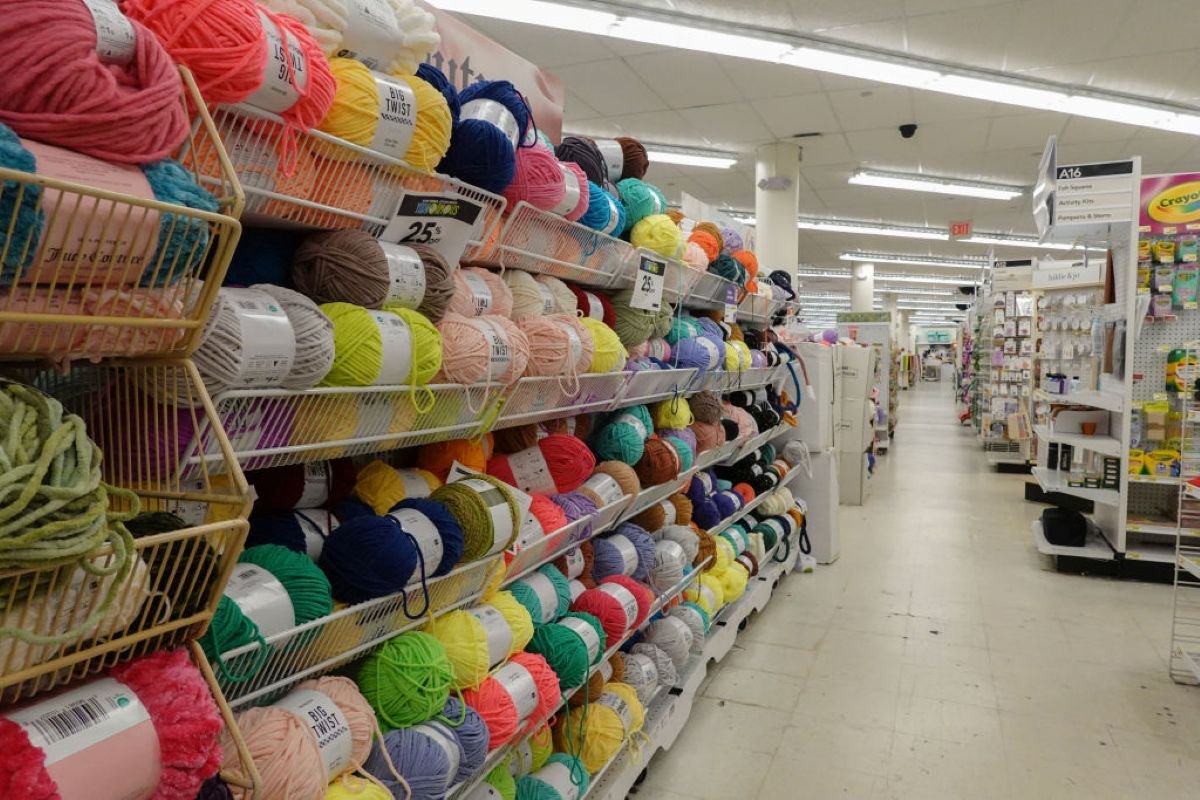Retail Store Closures 2024-2028: The Sands of Retail are Shifting
In a world that is constantly changing, there has been a worrying trend recently: the closure of many stores in America. The involvement of private equity in acquisitions is under scrutiny because of the potential link between these store closings. But a closer look reveals an interplay of complex factors. This challenging environment is a result of changing consumer behaviour, macroeconomic pressures and inefficiencies within the operations.
Retail store closures: The stark reality
Retail store closings have a significant impact on the local economy. They also affect employment and community vitality. Data from Coresight ResearchIn 2024, the U.S. lost 7,325 retail outlets. In 2025, the projections paint an even worse picture. They predict that this number could double to 15,000 closings.
We must examine these root causes. What is the role of private equity? What role do market dynamics, consumer trends and changing preferences play in the challenges faced by retailers?
Case Studies: The Factors That Drive Retail Store Closures
Recent store closures have been announced by several major retailers. Their decisions were influenced in part by different circumstances.

- Joann Inc.: Leonard Green & Partners owns this fabric and craft retailer. In 2024 it filed for Chapter 11 bankruptcy, citing a weakened customer demand and persistent supply-chain disruptions. Private equity financing affected the financial structure of the company, but it is important to recognize the impact of larger retail trends such as the decline in foot traffic for physical craft stores, and the escalating competitiveness from online suppliers. Online crafting communities, digital design tools and other resources are a threat to traditional brick-and mortar stores.
- Shops that sell 99 cents only The discount retailer acquired in 2012 was by Ares Management, the Canada Pension Plan Investment Board and made the tough decision to close its 371 outlets in April 2024. The closure of this discount retailer can be traced to a number of factors including the persistent pressures on consumers from inflation, changing consumer behavior that favors online retailers and supply chain bottlenecks which affect inventory and prices.
- Red Lobster Golden Gate Capital, which purchased the iconic chain of seafood restaurants in 2014, declared bankruptcy in 2024. Critics have blamed the financial problems of this iconic seafood restaurant chain on cost-cutting initiatives driven by private equity. Some observers believe that operations missteps such as aggressive promotions of “endless shrimps” contributed to high costs, and in turn, led to financial instability.
- Party City Party City, which was acquired in 2012 by Thomas H. Lee Partners faced major challenges as a result of declining sales in stores due to a shift in the shopping habits of consumers. In 2023, the company declared bankruptcy. It did so again in 2024. Online party suppliers offering themed and customized party kits combined with economic pressures as well as a decrease in discretionary spending on celebrations have all had a significant impact on the performance of this company.
- Big Lots: Nexus Capital Management purchased this discount retailer, which had been experiencing declining revenue. In 2024, Big Lots announced that it would close a number of strategically important stores as part of its restructuring efforts to improve profits and optimize the retail footprint. After being under pressure by Dollar General as well as increased competition with online discounters, Big Lots announced a series of strategic store closures in 2024.
- Franchise Group: Franchise Group, parent of well-known brands including The Vitamin Shoppe Pet Supplies Plus and American Freight filed for Chapter 11 insolvency protection. Although critics claim private equity participation brought on overly aggressive measures to cut costs, other factors, such as the increased competition of online marketplaces, like Amazon, for pet and vitamin supplies and higher operating costs due to labor and rent, contributed significantly to the company’s difficulties.
This list of examples shows that although private equity owners can have an impact on a firm’s operations and finances, wider macroeconomic forces such as supply chain disruptions and consumer preference changes also play a role in long-term success of retail companies.
Diverging Perspectives about Private Equity
Retailing in the Future
Coresight Research predicts that over 2,000 store closures will be planned for 2025. This suggests the recent high level of closures is unlikely to change. According to major U.S. retailer reports, there were 29.6 % fewer new store openings in the first half of this year and 334.3 % more closings.
Retailers must adapt to the changing retail landscape by optimizing their supply chains, embracing technology advancements, and adopting new consumer trends. This will enhance both customer experiences online and at physical stores. In a market that is becoming more competitive, failure to adapt could lead to further closures of stores and financial instability.


